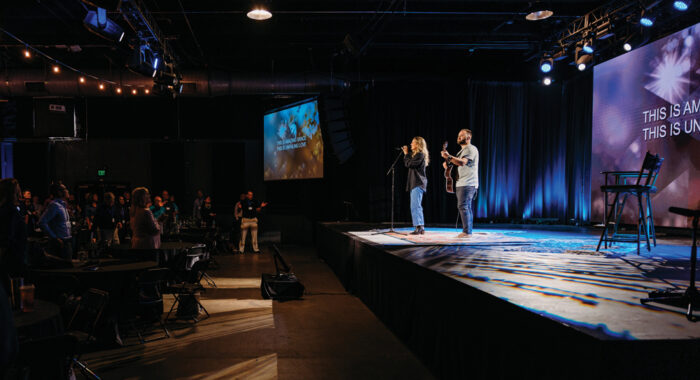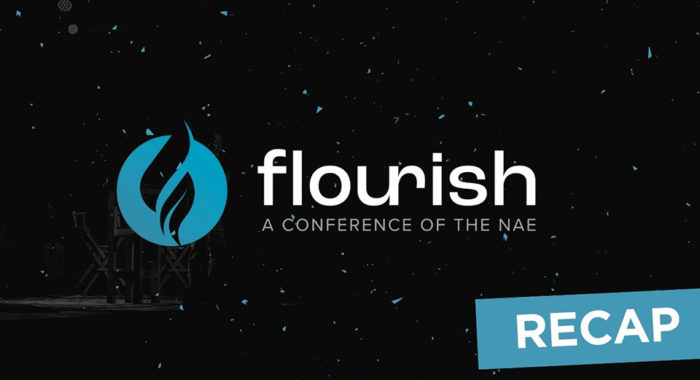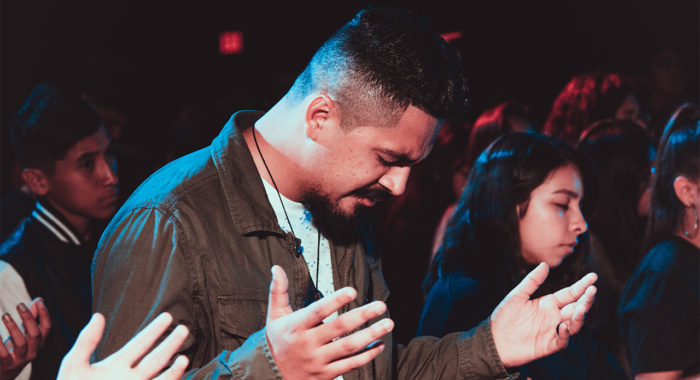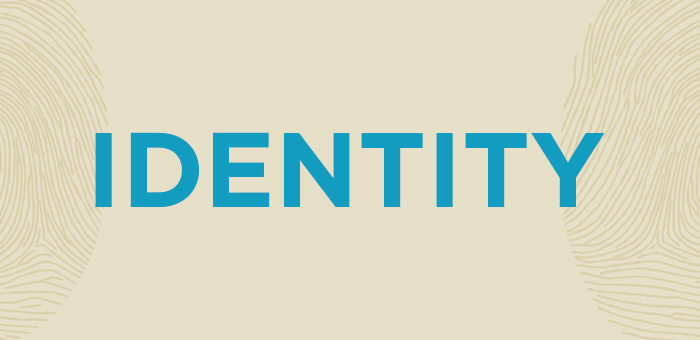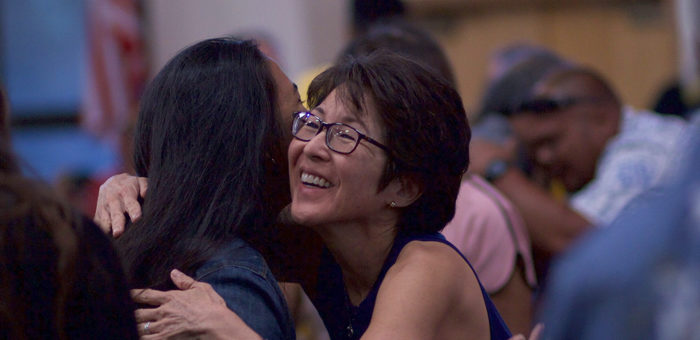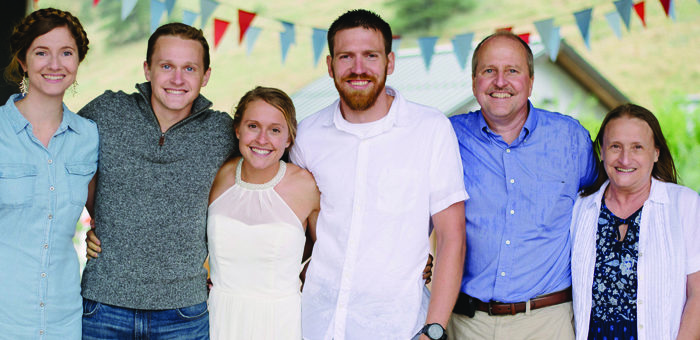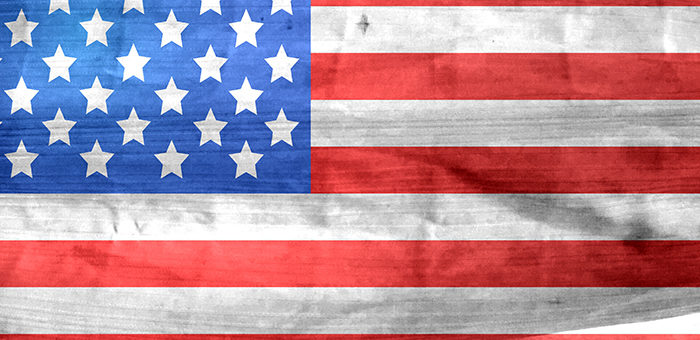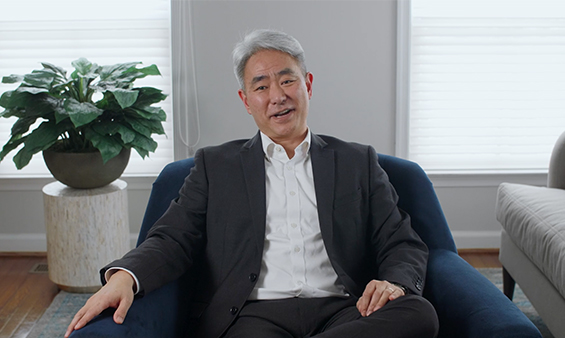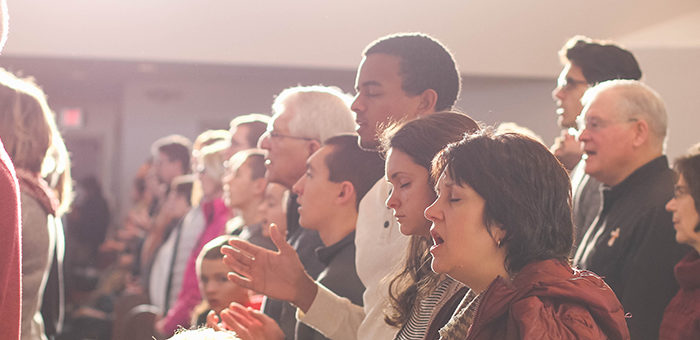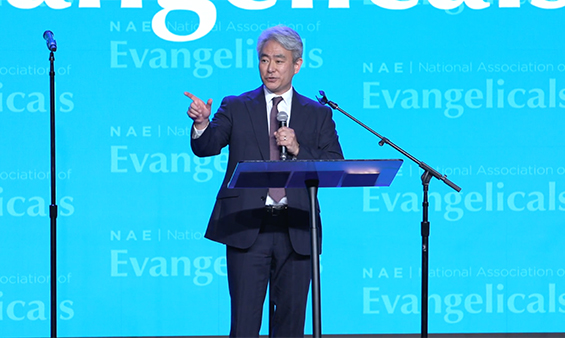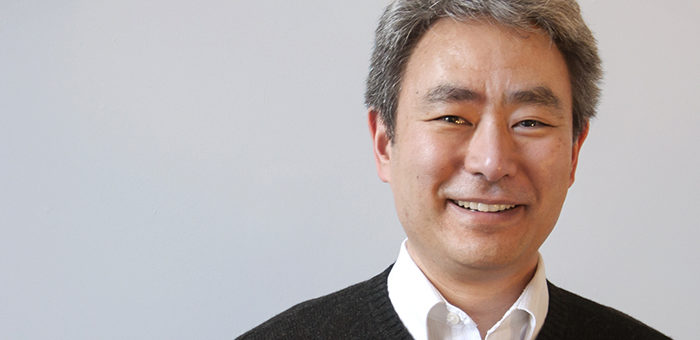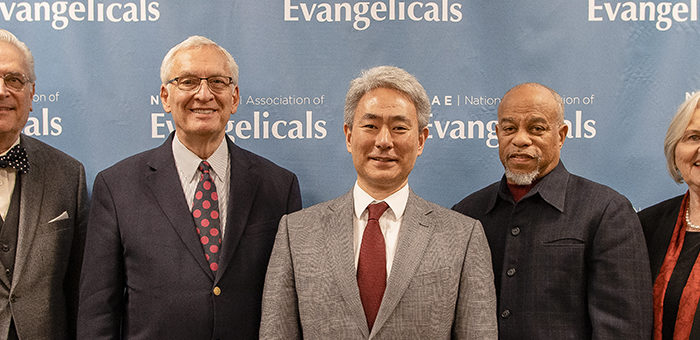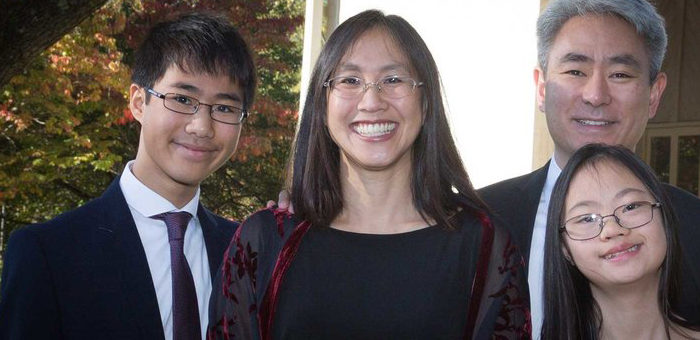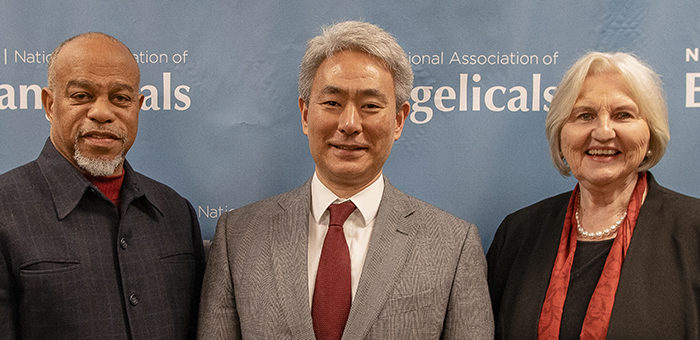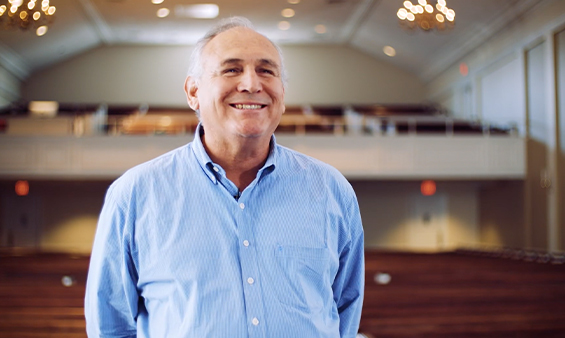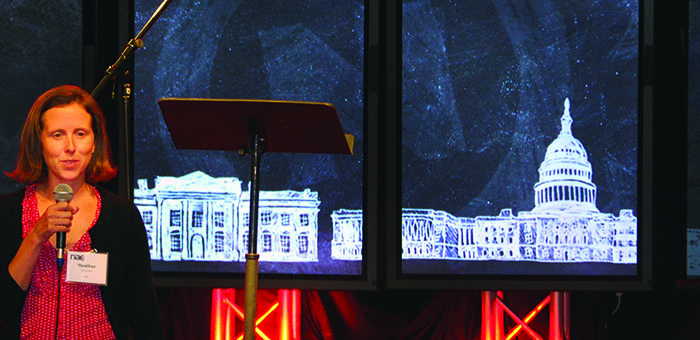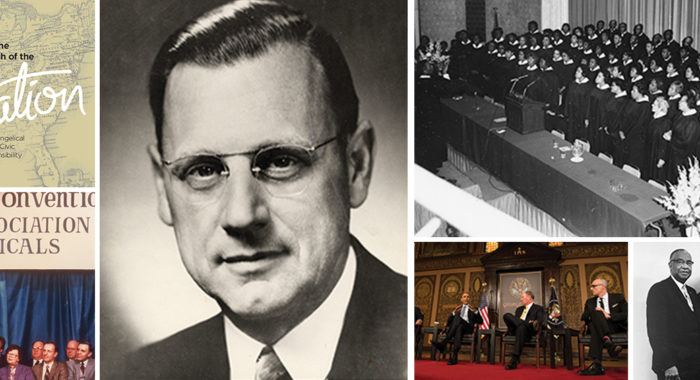Evangelicals receive regular media attention. They are quoted in newspapers, appear on TV and are heard on the full range of radio programs. But do evangelical leaders believe their community is being portrayed fairly? The majority says “sometimes,” according to the November Evangelical Leaders Survey.
“Treatment by the ‘media’ often comes down to ‘which media?’ Many writers really try to fairly represent evangelicals. I see it often,” said Leith Anderson, President of the National Association of Evangelicals. “There are others on the margins who like to spin and twist to make their point and can skewer the truth in the process.”
Responding to the question “Do you think the media portray evangelicals fairly?”, zero said always, 5 percent said usually, 63 percent said sometimes, 29 percent said rarely, and 3 percent said never.
In their comments, many evangelical leaders seemed to give reporters the benefit of the doubt. Joel Hunter, Senior Pastor of Northland, A Church Distributed, said, “They try, but it’s not like evangelicals are a monolithic block.”
David Neff, Vice President of Christianity Today International, added, “I believe that when the mainstream media stumble in their portrayal of evangelicals, it is usually through ignorance. A little reporting could cure that. Getting to know some evangelicals personally would be even better.”
William Bohline, Lead Pastor of Hosanna! Lutheran Church, said, “There can be a liberal bias in the media that mocks or ridicules evangelicals. It’s equally true that some evangelicals portray themselves as condemning, judging ‘againsters.’ I don’t even like them. Why should the media?”
Ken Hunn, Executive Director of The Brethren Church, insisted, “Really, this is on us to find our voice in an increasingly complex world — communicating in ways that result in both understanding and graciousness.”
Some leaders noted that a common error made by the media is using the term “evangelical” as a political label. Carl Nelson, President of Transform Minnesota, said, “The media would do well to recognize that evangelicals are identified by our religious beliefs, not our politics. In fact, our political preferences are quite diverse.”



 View All Surveys
View All Surveys 




